Rolling Black-outs a problem for exam preparations
Written by KC_Admin on 18 November 2022
As the matric class of 2022 begins their final examinations, learners have raised their concerns about the rolling blackouts which are hampering their exam preparations.
Rolling blackout is the action to reduce the load, especially the interruption of an electricity supply to avoid excessive load on the generating plant.
Rolling blackouts occur in different stages which are determined by the energy Eskom wants to save at that time.
With the development of technology, learners are now using more technology-based tools to learn and this means they need power to charge up their devices to access their study materials.
SABC Digital News spoke to an educator and a grade 12 pupil on how they are affected by the rolling blackouts during their final exams preparations.
Khanyisani Secondary School educator Mpendulo Msimango says, ‘’Load shedding is negatively affecting learners because most learners prefer to study in the evening and that’s when there’s no electricity, the government provided the learners with tablets that rely on electricity to function and if there’s no electricity learners can’t access their soft copy notes.’’
He also added that towards the end of the year many schools gather their learners in school camps which are ineffective due to the power cuts. He says in the evenings they cannot interact with the learners because it’s very dark and it is impossible to print out question papers because the printers rely on electricity to function.
A grade 12 pupil from Phola Secondary School, Hlabane Thembinkosi says, ”Load shedding is affecting my exams preparation because I am forced to study according to its changing schedule and sometimes I will be having some other things to do at home, but I end up not doing them because I have to study before the power cuts. I am also unable to download additional notes online because when the power cuts the network stops working.”
About 755 981 pupils registered to sit for the National Senior Certificate (NSC) exams for 2022, an increase of 3% from the 733 198 who registered in 2021. The number of part-time learners also increased by 2% from 163 965 in 2021 to 167 479 in 2022.
In 2021, the pass rate was 76%.
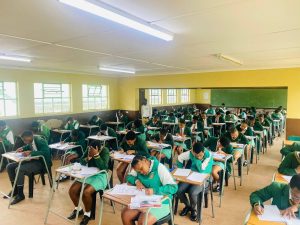
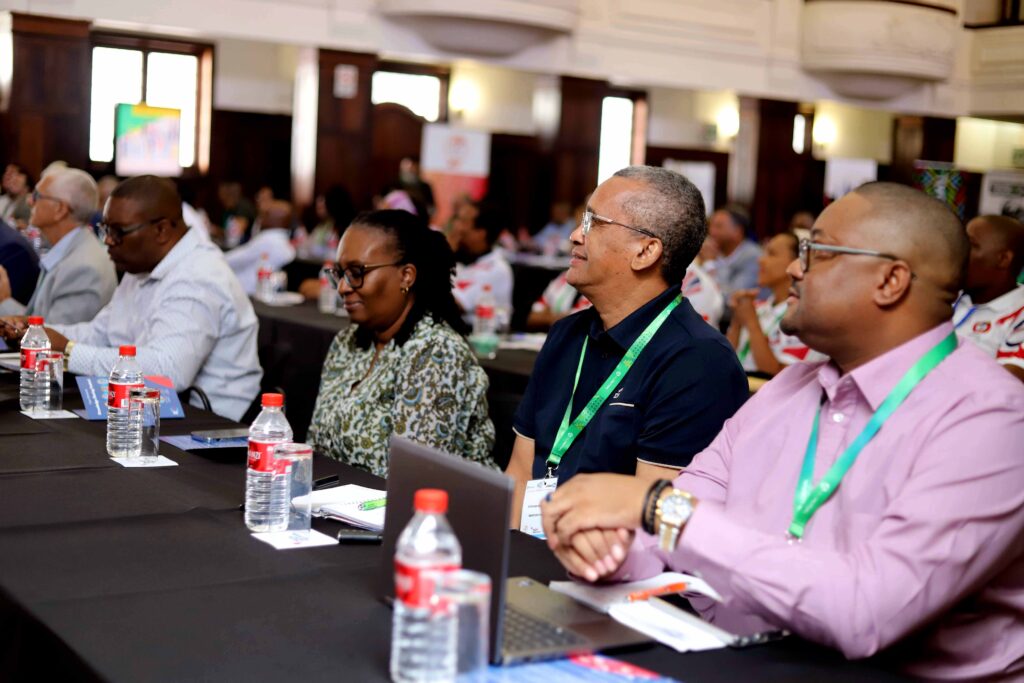
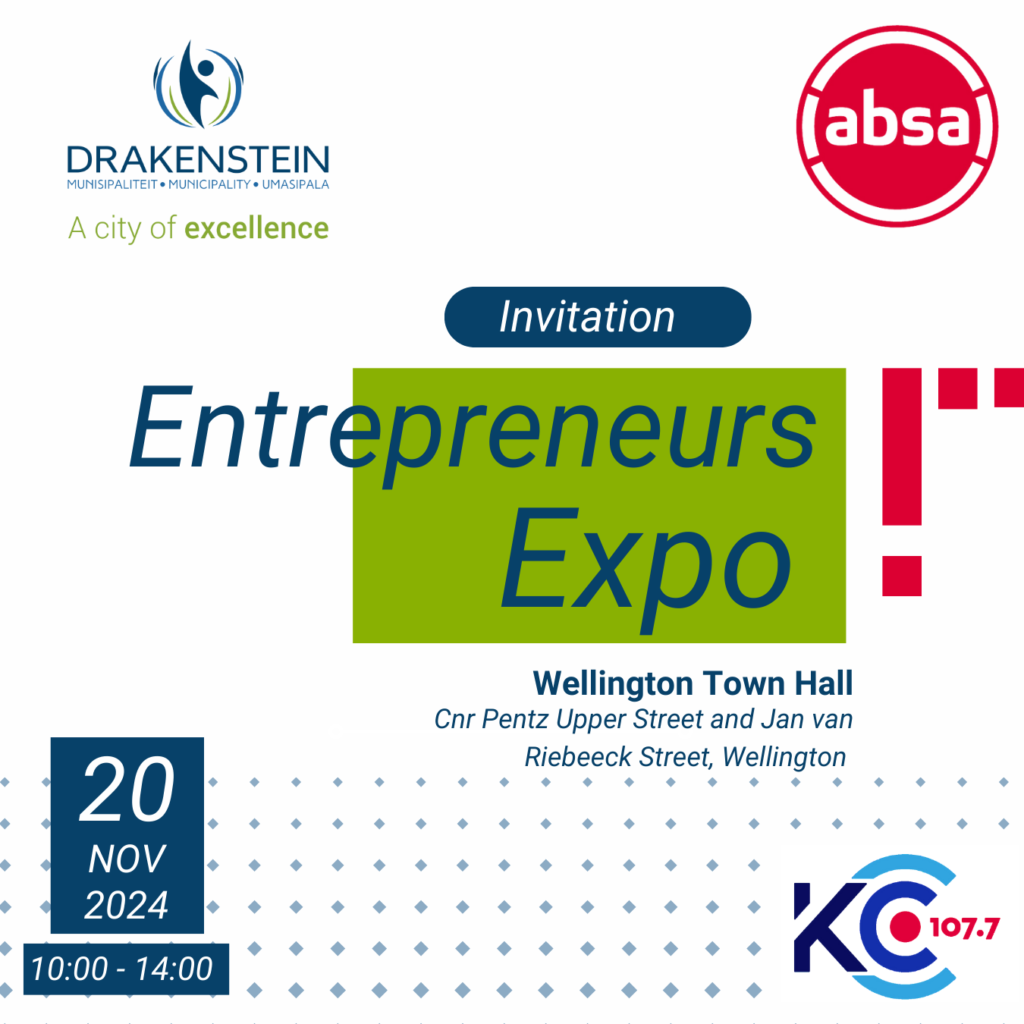

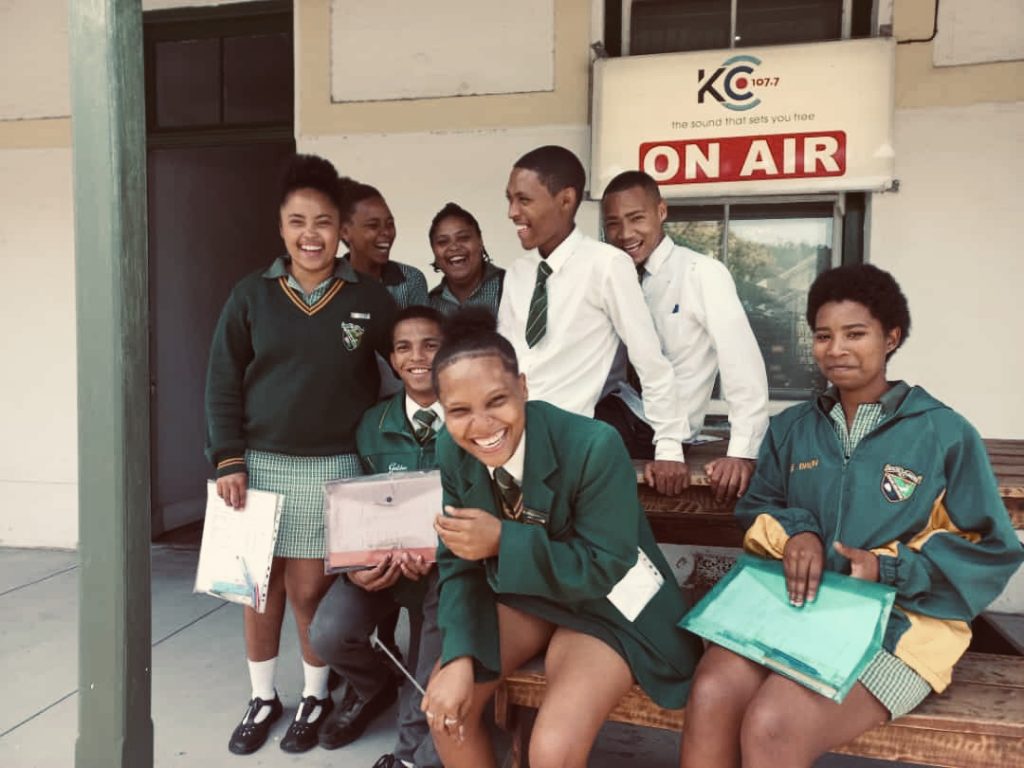

 KC Radio Stream
KC Radio Stream